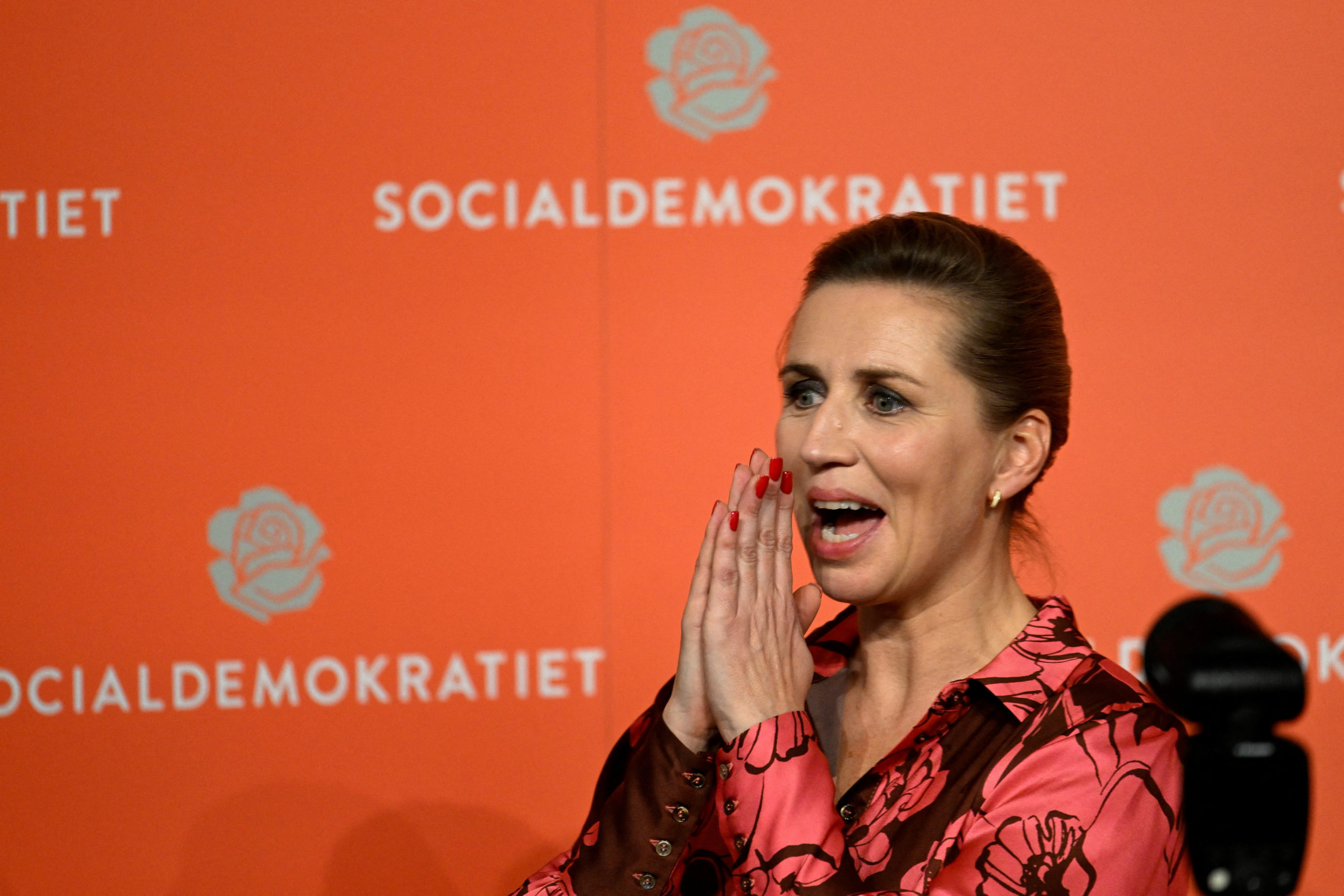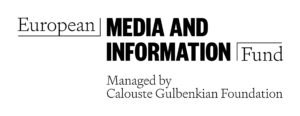Danish Social Democrats agree new government with right-wing opposition
Greenland and Faroe Islands representatives will be a key part of the coalition.

COPENHAGEN — Denmark’s Social Democratic leader Mette Frederiksen said on Tuesday she had agreed to form a rare bipartisan government with the main opposition party, the Liberal Party, and the Moderates to form a government with her as prime minister.
“We have set high ambitions, both in terms of ensuring higher employment, more people getting work, high climate ambitions and a fairly comprehensive reform program,” said Frederiksen.
The three party leaders, Frederiksen, Jacob Elleman-Jensen of the Liberal Party and Lars Lokke Rasmussen of the Moderates, will host a press briefing on Wednesday, where they will outline the broad political ideas behind the next government.
The Moderates is a new party, established in June, and is led by Rasmussen, the previous prime minister. It became Denmark’s third biggest party after a trailblazing election campaign.
The three parties have a combined 89 seats in the 179-seat parliament, which also includes four seats to lawmakers from Greenland and the Faroe Islands.
[After the latest elections, the Danish Kingdom’s Arctic votes are suddenly decisive]
This means the new government will in practice have a majority as the North Atlantic mandates traditionally don’t intervene in Danish domestic politics.
Frederiksen, 45, will start her second term as premier of the Nordic nation once the new government has been formally announced on Thursday.
Since her center-left Social Democratic Party won more than a quarter of the votes in a Nov. 1 general election, making it the biggest in parliament, Frederiksen has dropped negotiations with traditional left-wing allies.
Instead, the new coalition, which was formed after record-long talks of more than a month, she has negotiated with opposition parties to form a government across the traditional left-right divide for the first time in more than four decades.
Frederiksen argued during her campaign that a broad government across the left-right divide was needed at a time of international uncertainty.
The new government will begin work as high energy prices and the highest inflation in four decades eat into household economies, and only two months after the sabotage of two pipelines carrying gas from Russia to Germany through Danish waters.
Some pundits have warned that forming a coalition of the traditional mainstream parties might backfire, because it could eventually strengthen the more radical parties as seen in other European countries, including France.
Reporting by Jacob Gronholt-Pedersen and Nikolaj Skydsgaard.
This article has been fact-checked by Arctic Today and Polar Research and Policy Initiative, with the support of the EMIF managed by the Calouste Gulbenkian Foundation.

Disclaimer: The sole responsibility for any content supported by the European Media and Information Fund lies with the author(s) and it may not necessarily reflect the positions of the EMIF and the Fund Partners, the Calouste Gulbenkian Foundation and the European University Institute.